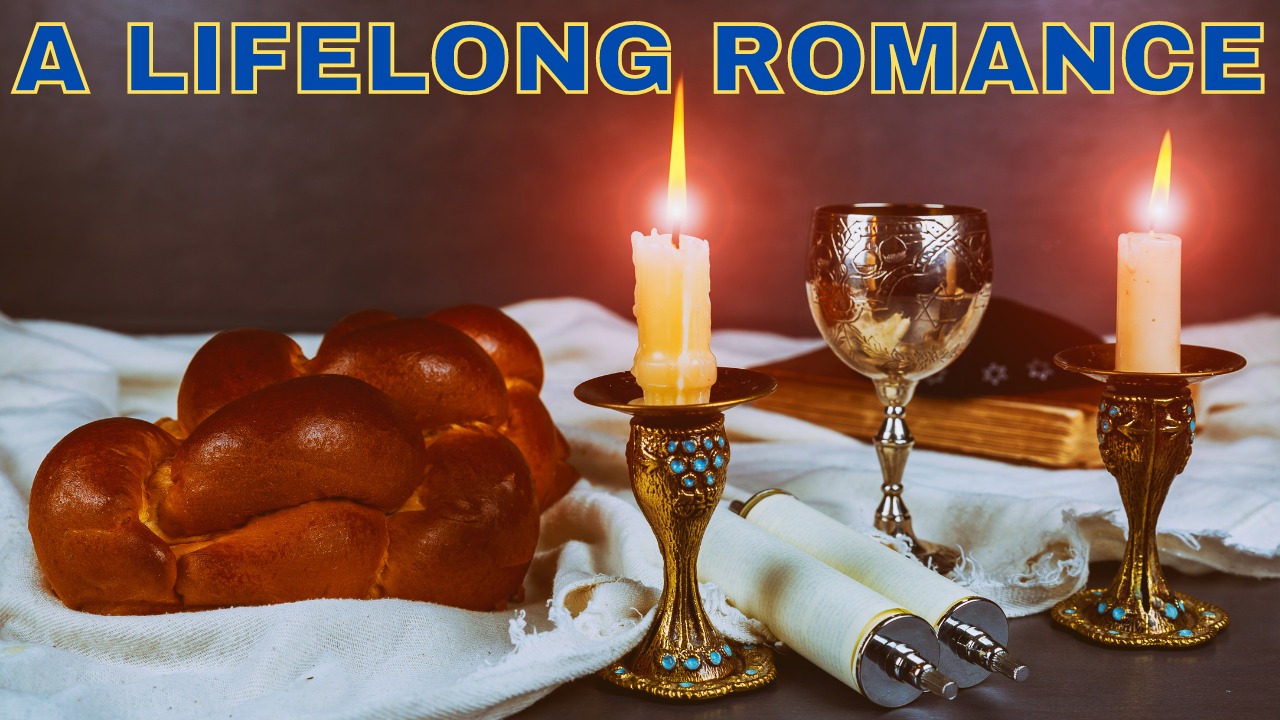A LIFELONG ROMANCE

Oscar Wilde is purported to have said that “to love oneself is the beginning of a lifelong romance.” I had always thought this was a pithy remark about the dangers of narcissism, but apparently not. Wilde’s remark emphasizes the importance of cultivating self-love, namely ensuring that one feels positively towards oneself so that you create the foundation for a fulfilling and meaningful life, unencumbered by low self-esteem.
Although, ultimately, what exactly is the difference between self-love and narcissism? Doesn’t the first automatically lead to the second? It seems not. In fact, according to the experts, self-love and narcissism couldn’t be more different. Self-love allows one to feel comfortable in one’s own skin and to accept who we are as we are, while narcissism describes someone with an inflated sense of self-importance – which always leads to unjustified and unfulfillable feelings of entitlement.
The main difference between self-love and narcissism is that those who have perfected self-love find it easy to form relationships with others, while narcissists are always inconsiderate and selfish. Indeed, the narcissist’s preoccupation with themselves is the antithesis of self-love – and it certainly doesn’t allow room for anyone else, which means that narcissists are never able to develop healthy relationships.
America’s best-known self-help guru, Wayne Dyer (1940-2015), put it beautifully: “If you don’t love yourself, you won’t be good at loving anyone else. Loving starts with the self.”
But learning self-love can be a challenging process. Many people have a critical inner voice that constantly puts them down and tells them they are not good enough, and this inner voice can be hard to silence. Experiences of rejection, trauma, or abuse can also leave deep emotional scars and make it difficult to trust oneself or feel worthy of love, even self-love.
The society we live in is also a barrier to self-love; our environment is constantly feeding us messages that we need to be perfect, or achieve certain goals, in order to be loved and accepted. These messages create unrealistic self-expectations and make it hard to accept ourselves for who we are.
Nevertheless, with focus and commitment, any person can learn to love themselves and to give themselves the foundation to love others, and to be loved by others. But without that first step of self-love, the second step of loving others is unattainable.
This two-step process offers the perfect analogy to help us understand a curious phrase in Parshat Ki Tissa, along with a well-known but ill-understood passage in the Talmud. Parshat Ki Tissa includes five verses that reiterate the centrality of Shabbat in the Jewish faith, two of which are intoned as kiddush every Shabbat.
Oddly enough, the first of those two verses seems to defy the whole idea underpinning Shabbat (Ex. 31:16): וְשָׁמְרוּ בְנֵי יִשְׂרָאֵל אֶת הַשַּׁבָּת לַעֲשׂוֹת אֶת הַשַּׁבָּת לְדֹרֹתָם בְּרִית עוֹלָם – “the Israelite people shall observe the Shabbat, to do the Shabbat for their generations as a covenant for all time.” Using the Hebrew word “la’asot” – “to do” – about Shabbat seems strange, as Shabbat is best known as the one day each week when we refrain from “doing” anything. Which prompts the question: what is the word “la’asot” doing here?
According to the Babylonian Talmud ( Shabbat 118b), “if only the Jewish people would observe two Shabbats properly, they would immediately be redeemed,” a promise the Gemara bases on two verses in Isaiah.
The commentaries all puzzle over the specific need for the observance of two Shabbats, as opposed to one, particularly as there is a competing statement in the Jerusalem Talmud (Taanit 1:1) which suggests that if everyone observed just one Shabbat, that would be sufficient for the redemption to occur.
Several commentaries propose the idea that the six workdays sandwiched between the two Shabbats are pivotal, and the second Shabbat is a more proper Shabbat because it is the culmination of a six-day week – specifically, six days that are preceded by a properly observed Shabbat. Messianic redemption will only occur after the second Shabbat is observed, and it is this second Shabbat that the Jerusalem Talmud refers to as the “one” Shabbat needed for redemption, making no reference to the first Shabbat, as it doesn’t really count.
But while this explanation offers a technical solution, perhaps the aforementioned verse in Ki Tissa offers a more satisfying answer. Just as forming loving, healthy relationships with others can only happen when one has perfected self-love, ensuring the endurance of Shabbat for future generations can only happen if we have perfected our own Shabbat observance first. “Veshamru” for ourselves will be followed by “la’asot” for others, which in turn will lead to an eternal covenant.
However, observing that “first” Shabbat is comparable to the challenge of achieving self-love – it is tough to accomplish, but worth the effort, as it provides a platform for something much deeper and more profound: the ability to create the “second” Shabbat for others. This “second” Shabbat is a reflection of our ability to take the power of our personal Shabbat and introduce it to the world around us, ensuring that Shabbat is there for the next generation and beyond. And it is once we have achieved these objectives that messianic redemption can occur.
The late Rabbi Shlomo Carlebach (1925-1994) would alway focus a tremendous amount of effort and energy promoting the beauty of Shabbat, wherever he went and in the widest variety of settings. He would say that “the holiness of Shabbat is not in the doing or in the not-doing, and not in the eating and the drinking – it is in the being.”
His message was simple: for Shabbat to impact your life and the life of others, you need to absorb it into the very essence of who you are and be totally comfortable in every one of its aspects. And once you love Shabbat, that love is infectious – others will learn to love Shabbat too, and to embrace it, which is why it will become “la’asot” – a gift of Shabbat that keeps on giving.



